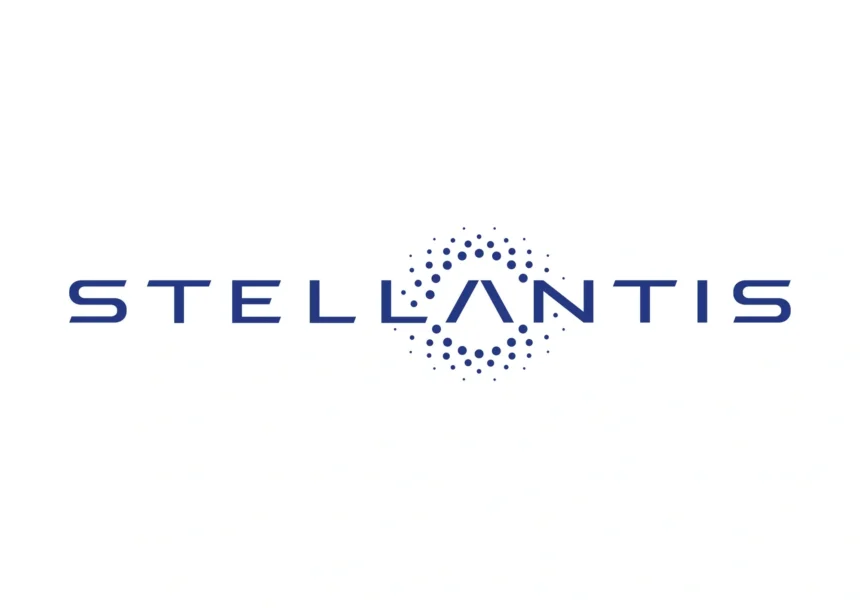Stellantis N.V. and Zeta Energy Corp. have joined forces in a groundbreaking partnership to advance battery cell technology for electric vehicles. This new collaboration aims to develop lithium-sulfur EV batteries that will revolutionize the industry by offering game-changing gravimetric energy density while maintaining a volumetric energy density comparable to current lithium-ion technology.
The potential benefits for customers are immense, as these lithium-sulfur batteries could provide a significantly lighter battery pack with the same usable energy as traditional lithium-ion batteries. This advancement will enable greater range, improved handling, and enhanced performance for electric vehicles. Additionally, the technology has the potential to increase fast-charging speed by up to 50%, making EV ownership even more convenient. Not only that, but these lithium-sulfur batteries are expected to cost less than half the price per kWh of current lithium-ion batteries.
What sets these batteries apart is their production process, which utilizes waste materials and methane, resulting in significantly lower CO2 emissions compared to existing battery technologies. Zeta Energy’s battery technology is designed to be manufacturable within current gigafactory infrastructure and will utilize a short, entirely domestic supply chain in Europe or North America.
The collaboration between Stellantis and Zeta Energy encompasses both pre-production development and future production planning. By 2030, these innovative lithium-sulfur batteries are expected to power Stellantis’ electric vehicles, aligning with the company’s Dare Forward 2030 strategic plan, which includes offering more than 75 battery electric vehicle models. Stellantis is committed to developing high-performing and affordable EVs, and is exploring various battery cell and pack technologies to meet the needs of all customers.
Overall, the partnership between Stellantis and Zeta Energy represents a significant step forward in the evolution of electric vehicle technology. By leveraging the unique benefits of lithium-sulfur batteries, these two companies are paving the way for a more sustainable and efficient future in the automotive industry. Stay tuned for more updates on this exciting collaboration as it continues to unfold.







